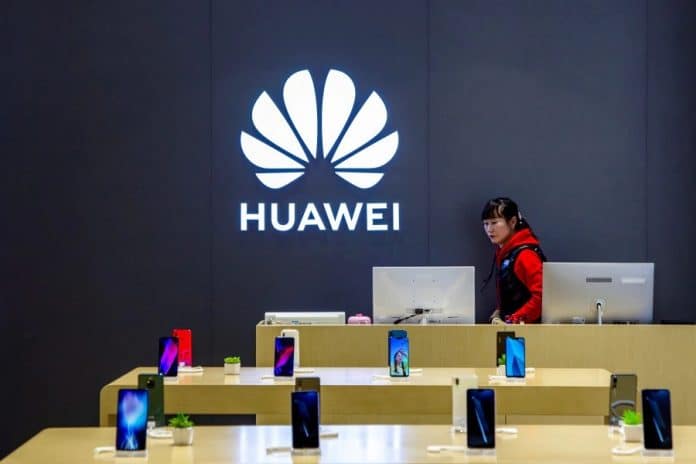The growing animosity between Huawei Technologies and the U.S. government was inevitable and a sales ban imposed by the Trump administration will literally have no effect on the company’s plans, according to the founder of the Chinese telecommunications giant.
Speaking to Chinese state media on Tuesday, Ren Zhengfei said there would be “conflict with the United States sooner or later” as Huawei seeks to grow its dominance in the global telecom industry.
“We sacrificed [the interests of] individuals and families for the sake of an ideal, to stand at the top of the world,” he said according to a report in the South China Morning Post.
After the order, the Commerce Department also placed the company on a “black list” that prevents U.S. businesses from selling to Huawei without federal approval, which experts say is unlikely.
On Monday, the agency said it would permit some limited transactions for 90 days to allow American firms to “make other arrangements,” Secretary Wilbur Ross said in a statement.
Google’s decision to partially cut off Huawei devices from its Android operating system has presented the Chinese tech titan with one of its most dramatic challenges yet: how to keep up with the competition if it cannot use the platform that powers nearly every other smartphone in the world?
Well, there’s a solution for which the Shenzhen-based firm, the world’s second-largest smartphone maker by sales, has been preparing for years – reportedly since 2012 – by building an operating system of its own.
Huawei has publicly acknowledged its existence, but the platform currently remains a mystery.
“We have prepared our own operating system. If it should be the case that we can no longer use these systems (like Android)… we would therefore need to be well-armed,” Richard Yu, CEO of Huawei’s Consumer Business Group, told German newspaper Die Welt in an interview published back in March. This confirms that Huawei had suspicions for awhile and came well prepared.
While both Google and Huawei have reassured users that their phones will continue to function as normal, this could present major problems for Huawei, and apps on its phones could become unusable if it does not have access to code licensed by Google to phone makers
Large domestic telecom providers like AT&T and Verizon Wireless have vowed not to use Huawei equipment in the development of pending fifth-generation wireless networks, but rural carriers still rely on its low-cost, high efficient equipment.
In developing a possible successor to Android on its devices, Huawei is attempting something other industry behemoths like Microsoft and Samsung have failed to do: create a platform that attracts both users and app developers.
The technical development is just one aspect of the challenge, analysts say. It takes years to build trust and confidence among app makers to write and sell software on the platform, and to convince users to adopt it.
Without full access to Android and popular Google services, Huawei – which has launched its products at glitzy ceremonies in major markets around the world – could find it difficult to convince customers to choose its phones over those pushed by rivals.
Microsoft pulled the plug on its Windows Phone platform earlier this year, and Samsung’s Tizen system is barely known compared with Android and Apple’s iOS, which runs iPhones and iPads.
Huawei knows “that being a big telecom company, you have to have your own core technology eventually“, Wong Kam Fai, a professor at the Chinese University of Hong Kong, told AFP.
“They have it, but they are not ready for production yet. It would have been better if this thing happened two or three years later, but it is happening now so they just have to speed up.” — AFP
